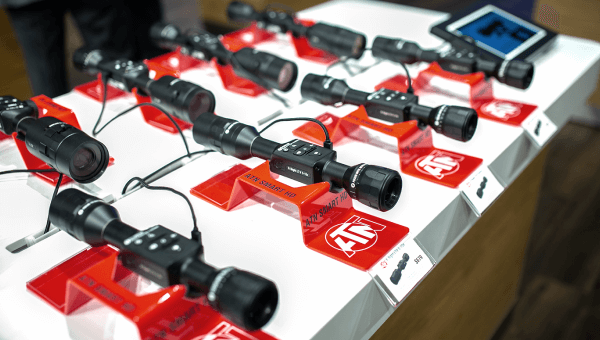How to skin a hog?
Learning to properly skin and butcher wild hogs is crucial for quality meat. Follow these steps to remove the distinctive "gaminess," keep things sanitary, and process your hog like a pro.
Why Follow Best Practices?
Many old-school hunters just gut hogs and toss them in a cooler. But careless handling ruins flavor and increases spoilage risk. A few simple techniques make all the difference.
Tip 1: Remove All 4 Gland Nodules
On each rear leg and flank, excise a small gland nodule. Leave them, and powerful secretions permeate the meat. Grinders pulverize them if overlooked. Removing ensures mild tasting pork.
Tip 2: Prevent Hair & Urine Contact
Hog urine has an extremely strong odor that ruins meat. Keep the bladder intact until skinning finishes. Avoid hair contact which gets ground in during processing.
Tip 3: Skin Before Gutting
Field dress hogs by skinning first, gutting second. This keeps innards off clean meat and speeds the process. Less contamination means less work later.
Tip 4: Rinse the Carcass
After skinning and gutting, rinse thoroughly with fresh water. Hose the entire animal down to wash away all vestiges of hair, dirt, and guts. A detailed wash now prevents gamey flavors.
Step-By-Step Skinning
Now let's walk through the full skinning process from field to table. Having the right tools makes this easier.
Tools Needed:
- Sharp skinning knife (replaceable blades are handy)
- Meat saw to cut through joints
- Skinning gambrel to hang carcass
- Meat cleaver or axe to split pelvis bone if desired
Step 1) Hang Hog by Hind Legs
Slide a gambrel through the thick tendons behind each hock. Hoist up to suspend the carcass for skinning. Don't cut the leg tendons.
Step 2) Slice Down Belly & Legs
With your knife, make a cut down the hog's centerline from head to tail. Then slice down the inside of all 4 legs. This lets you remove the hide cleanly later.
Step 3) Pull Hide Off; Use Knife Where Needed
Peel back the hide using your hands when possible. Work a skinning knife under to cut the membrane attaching it to the carcass. Take your time here for clean results.
Step 4) Remove Front Legs at Joint
Cut through the knee and elbow joints to detach the front legs. A meat saw makes this easy, but a sturdy knife also works. Avoid sawing bone fragments into the meat.
Step 5) Open Abdomen & Remove Guts
Slice down the belly starting at the tip of the sternum. Let the intestines spill out, then sever connective tissue so they pull out cleanly. Cut all the way to the throat so everything slides out the bottom.
Step 6) Thoroughly Rinse Carcass
Use a hose, bucket, or whatever you have to wash the skinned hog thoroughly inside and out. Be diligent to remove all debris for clean meat.
Step 7) Hang Overnight or Butcher Right Away
In cool weather, hanging wrapped halves or quarters overnight develops flavor. Or, proceed to butchering once skinning finishes and the carcass cools.
Step 8) Break Down Quarters & Major Cuts
Backstrap: Fillet both sides off the spine. Tender and delicious.
Tenderloins: Remove the two small, cylindrical tenderloins behind the kidneys. Most tender cut.
Shoulders: Front quarters separate at the knee joint. Rear legs saw through the ball joint. Sublime for slow cooking.
Hams: Back legs remove like rear shoulders. The haunch and rump yield great roasts and meaty bones.
Step 9) Debone All Meat
For ultimate processing, utilize a sharp fillet knife to cut the meat from the bones. Leave whole or slice into portions for grinding, depending on your plans.
Pro tip: If making sausage, keep trim uniform in size for even grinding. For jerky, slice for maximum long strips.
Bonus: Split the pelvis with a meat cleaver or axe to separate the hams completely.
Follow these steps for flawless hog skinning and butchering. Now you just need delicious recipes to showcase all that succulent pork. Smoked ham and bacon, spicy chorizo, savory roasts, and mouthwatering ribs are only the start. Let us know your favorite wild hog preparations!






